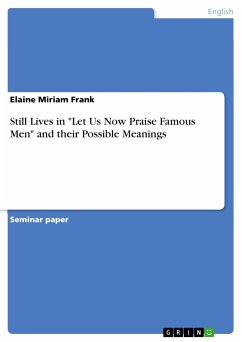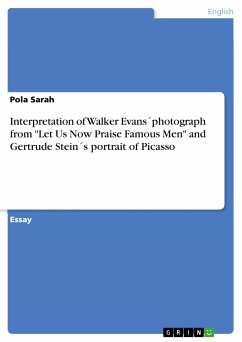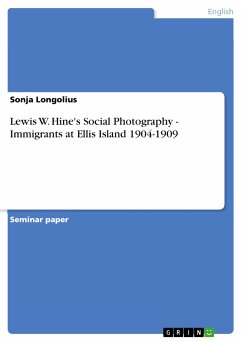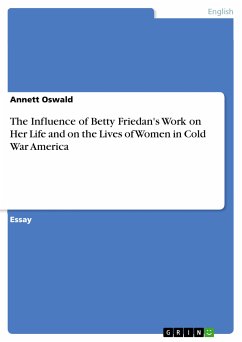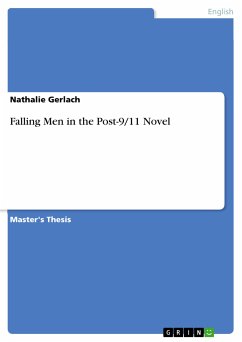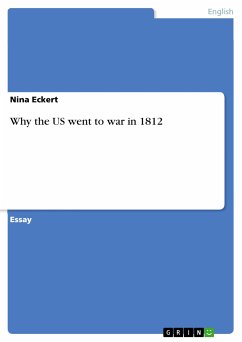Seminar paper from the year 2015 in the subject American Studies - Literature, grade: 1,3, LMU Munich (Department of American Literature), course: Literature and Photography, language: English, abstract: In 1936 Fortune Magazine asked James Agee and Walker Evans to write an article about the living conditions of farming families in the countryside of the Middle South of the United States. After it refused to print their article, they decided to compile a book out of Evans’ documentary photographs and Agee’s descriptive words in order to deliver an authentic insight into the hard-working poor life of farm workers through living with “three representative white tenant families.” When first looking at Walker Evans’ photographs in "Let Us Now Praise Famous Men" taken in times of postmodernism, the picture of a pair of boots catches the eye immediately, due to the incontrovertible similarity to a “remarkable still life painting” of modernist times: Vincent van Gogh’s canvas a pair of boots. As this piece of painted art inherits a pool of possible interpretations, it is worth attempting to analyze the possible meanings of it, its adaption by Walker Evans, as well as the vibrant still life descriptions given by James Agee in "Let Us Now Praise Famous Men". After analyzing and comparing the variety of interpretations of Vincent van Gogh’s painting from 1887 to Walker Evans’ photographic adaption from 1938 to clarify in what way the photograph a pair of shoes is an adaption of Van Gogh’s modernist still life, a couple of chosen written still life descriptions given by James Agee will be analyzed. The goal of this analysis is to compile the variety of interpretations of certain daily used items by the farm-workers, in order to grasp the poor tenants’ families’ lives better and the intentions behind Agee’s detailed descriptions.
Bitte wählen Sie Ihr Anliegen aus.
Rechnungen
Retourenschein anfordern
Bestellstatus
Storno

